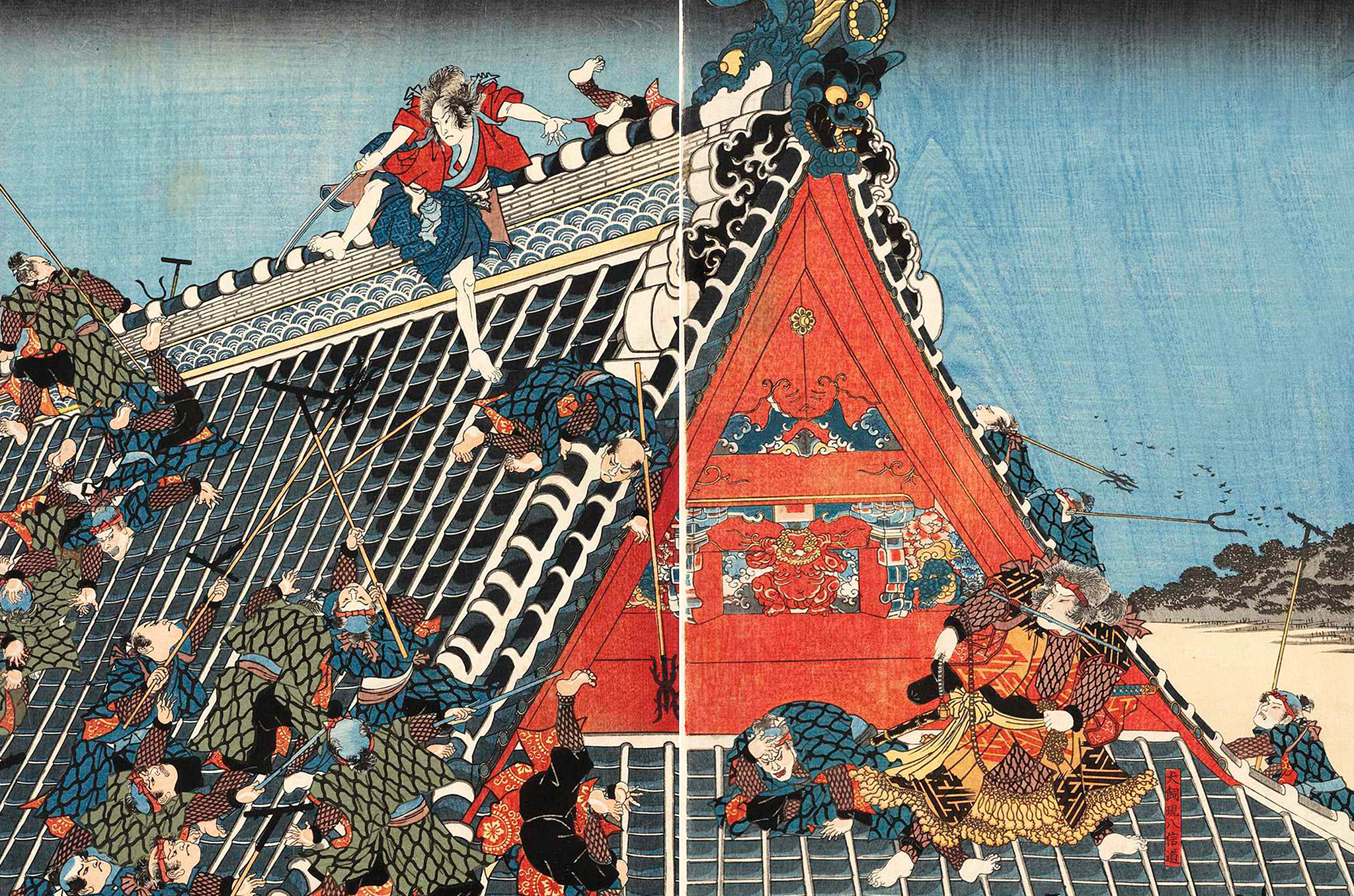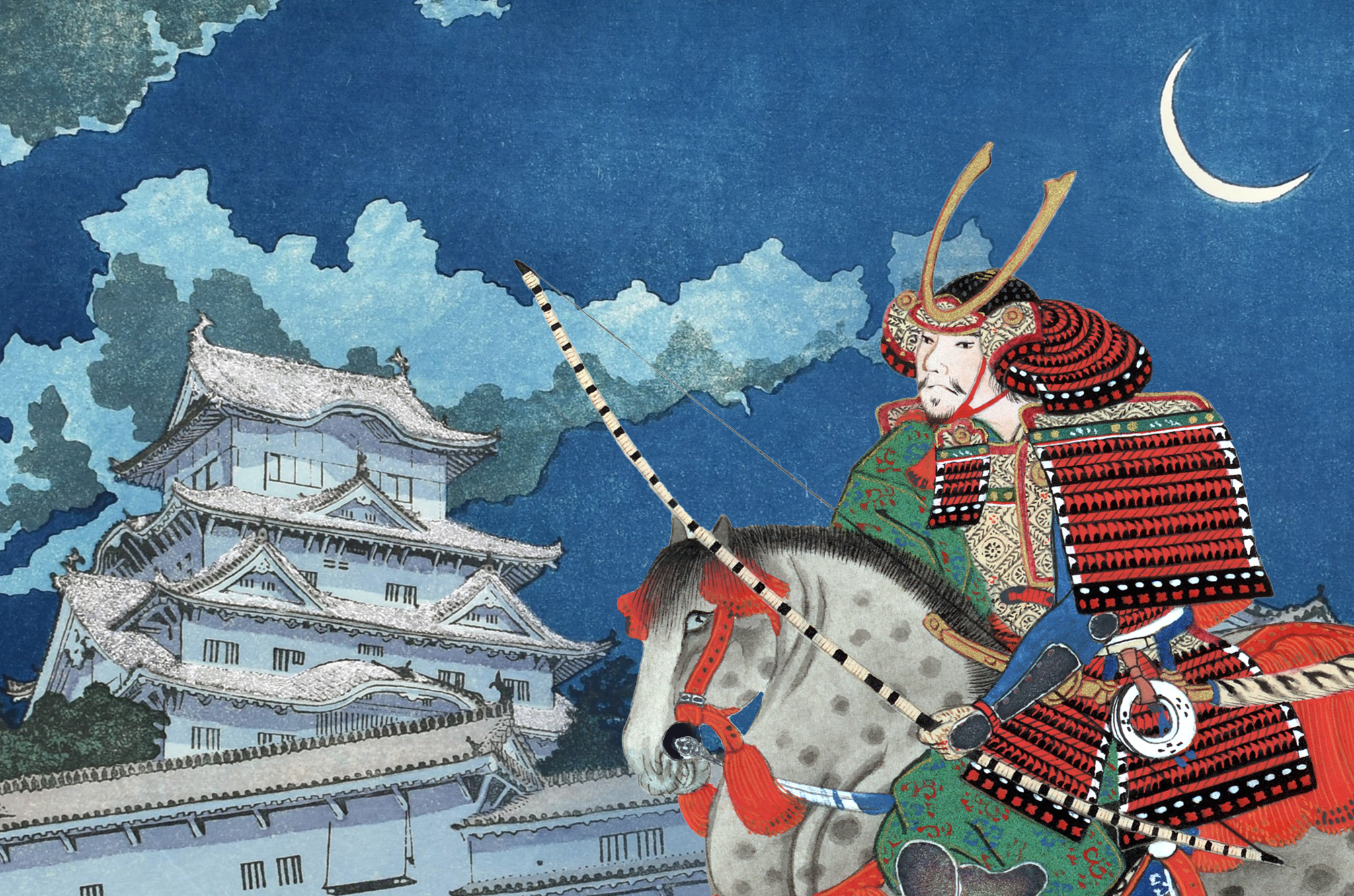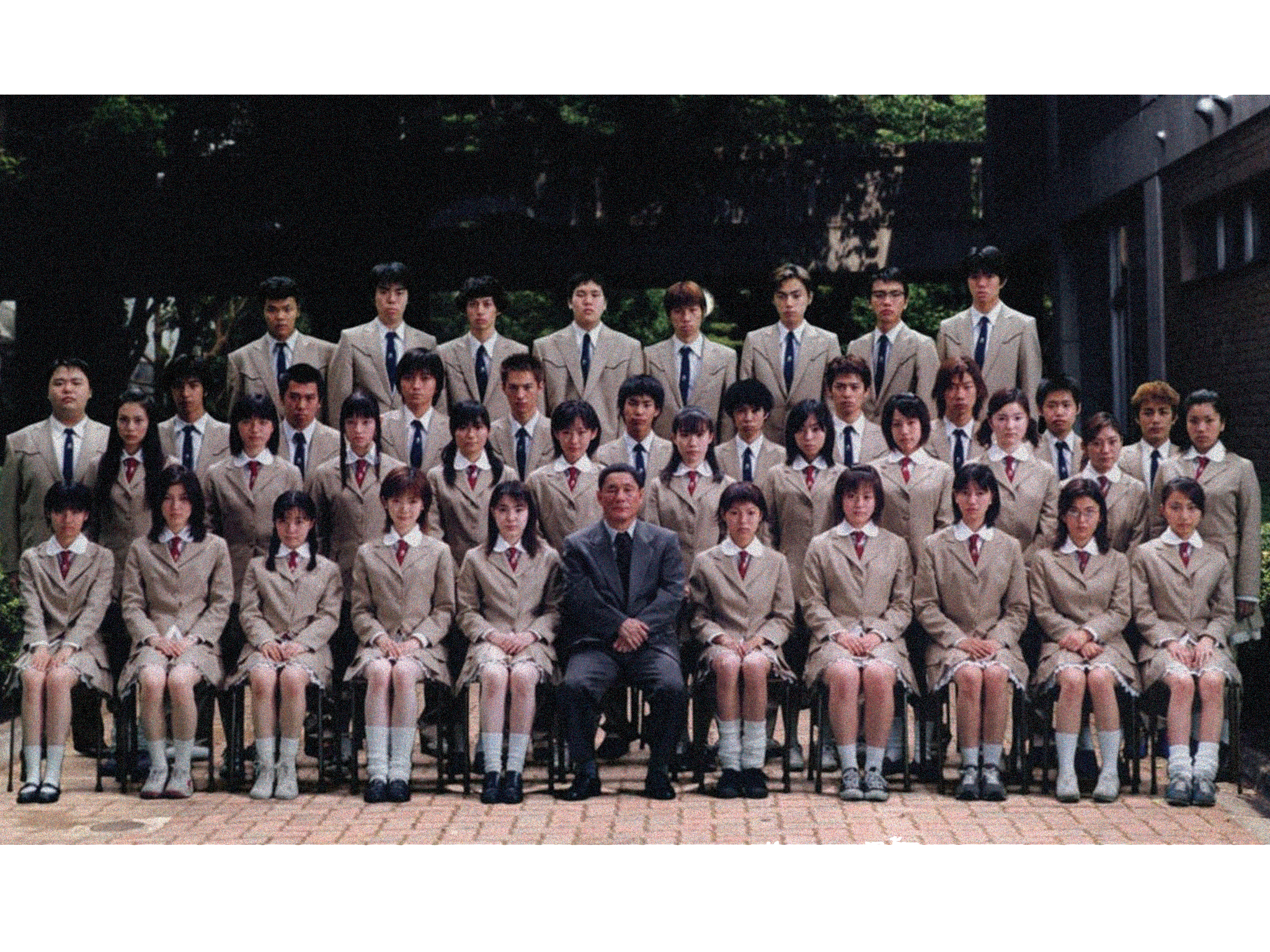Japanese Scientists Develop Artificial Blood with Years-Long Shelf Life

Scientists at Nara Medical University in Japan, led by Hiromi Sakai, have developed a new type of artificial blood compatible with all blood types. This artificial blood, created by extracting hemoglobin from expired blood and encapsulating it in a protective shell, is stable and virus-free. Remarkably, it can be stored for up to two years at room temperature and five years under refrigeration, a significant improvement over donated blood's 42-day shelf life. Human trials are underway, with the aim of practical application by 2030, promising a revolution in global healthcare, especially in low- and middle-income countries.
Read more


